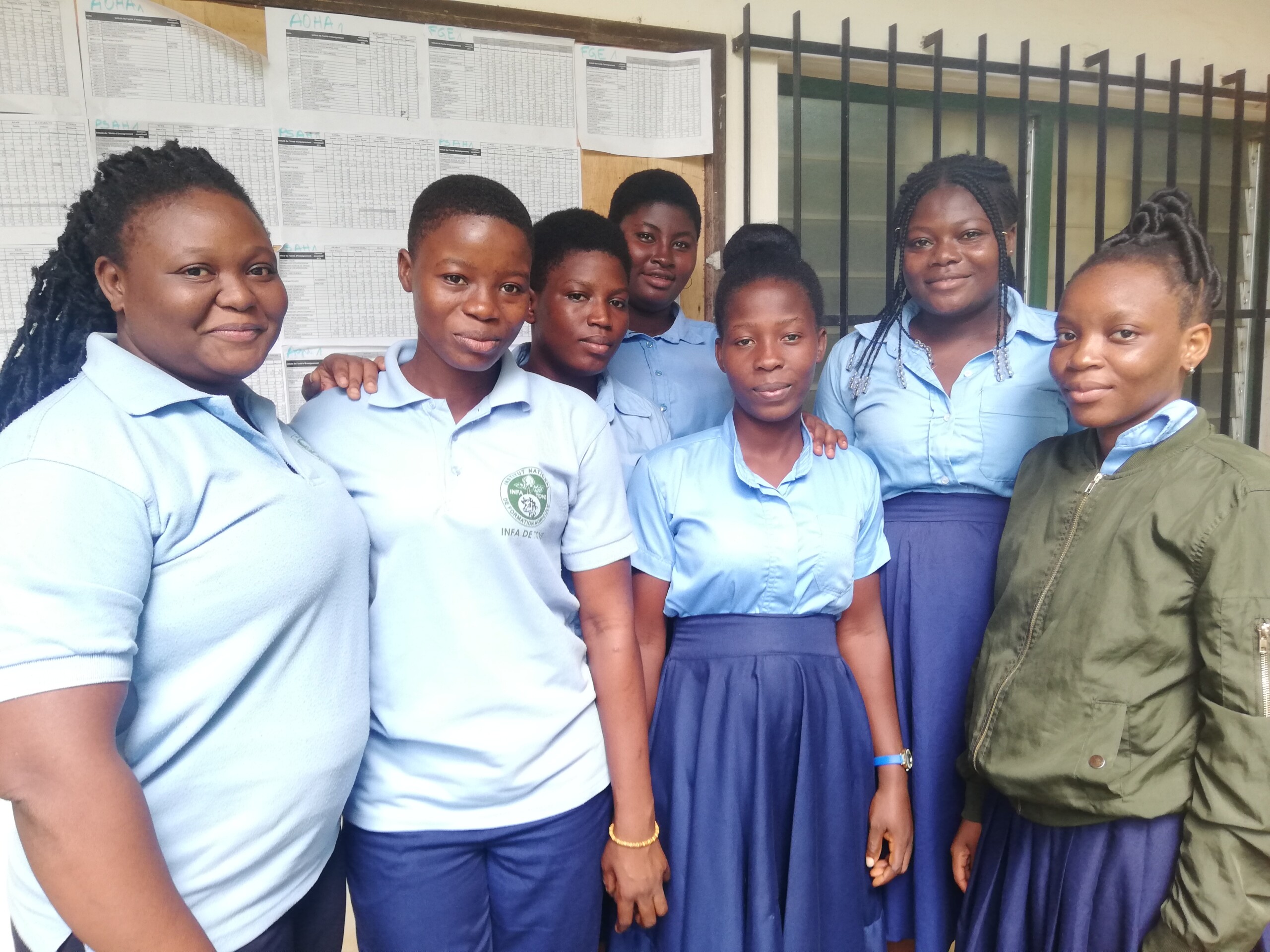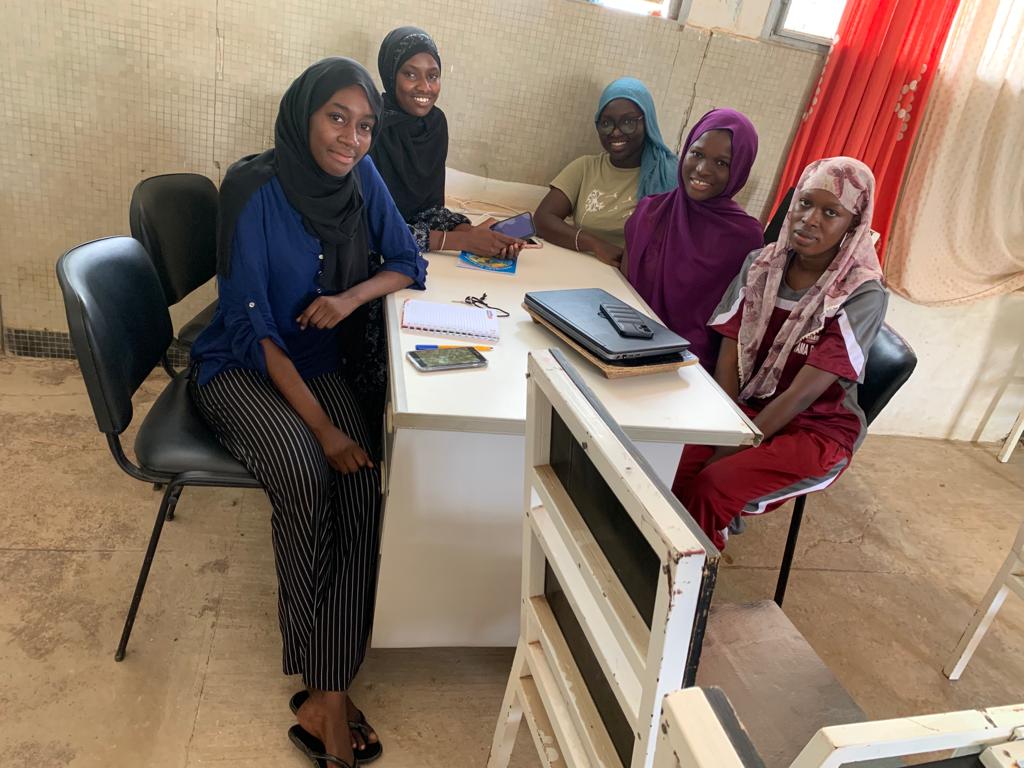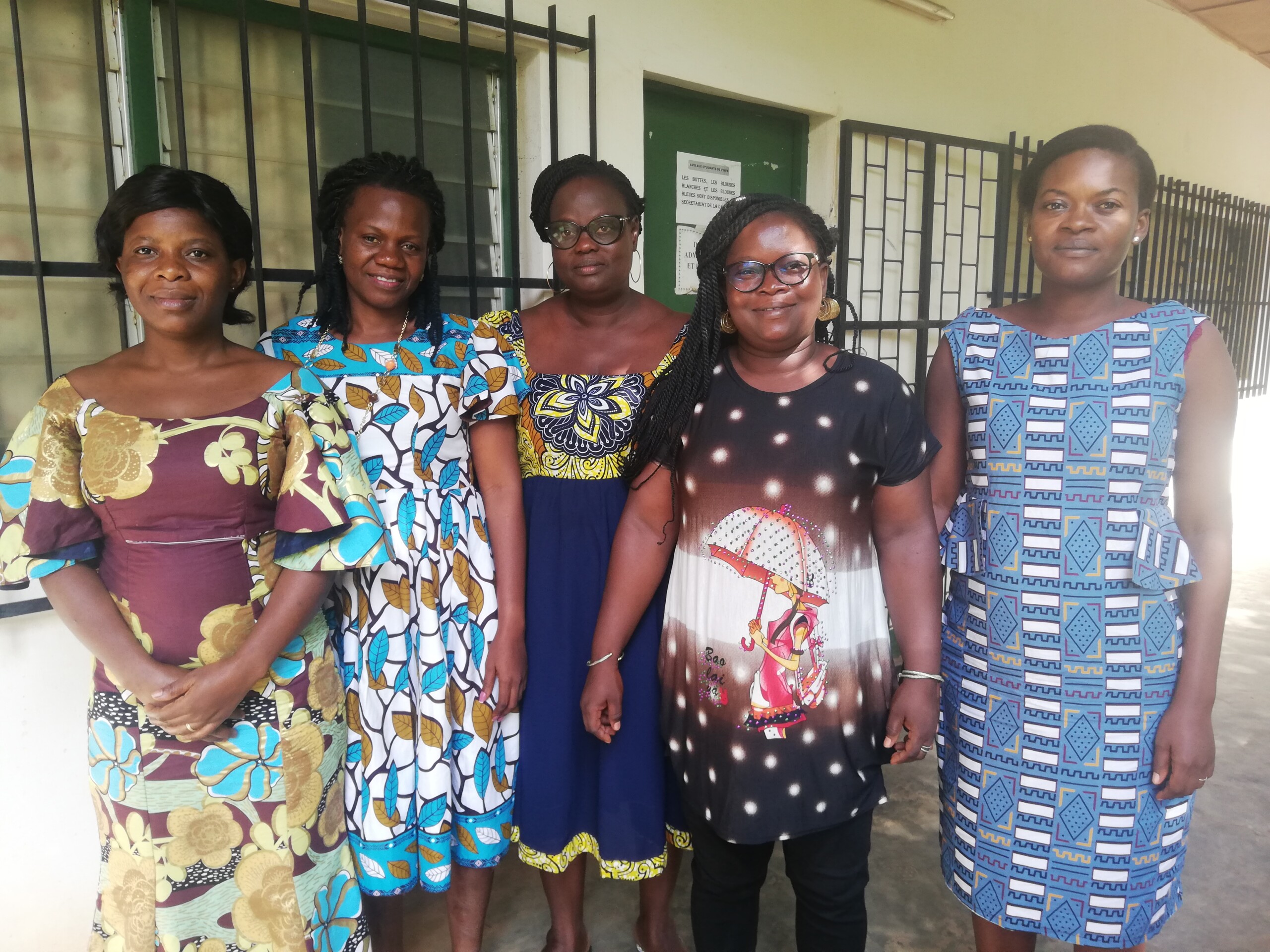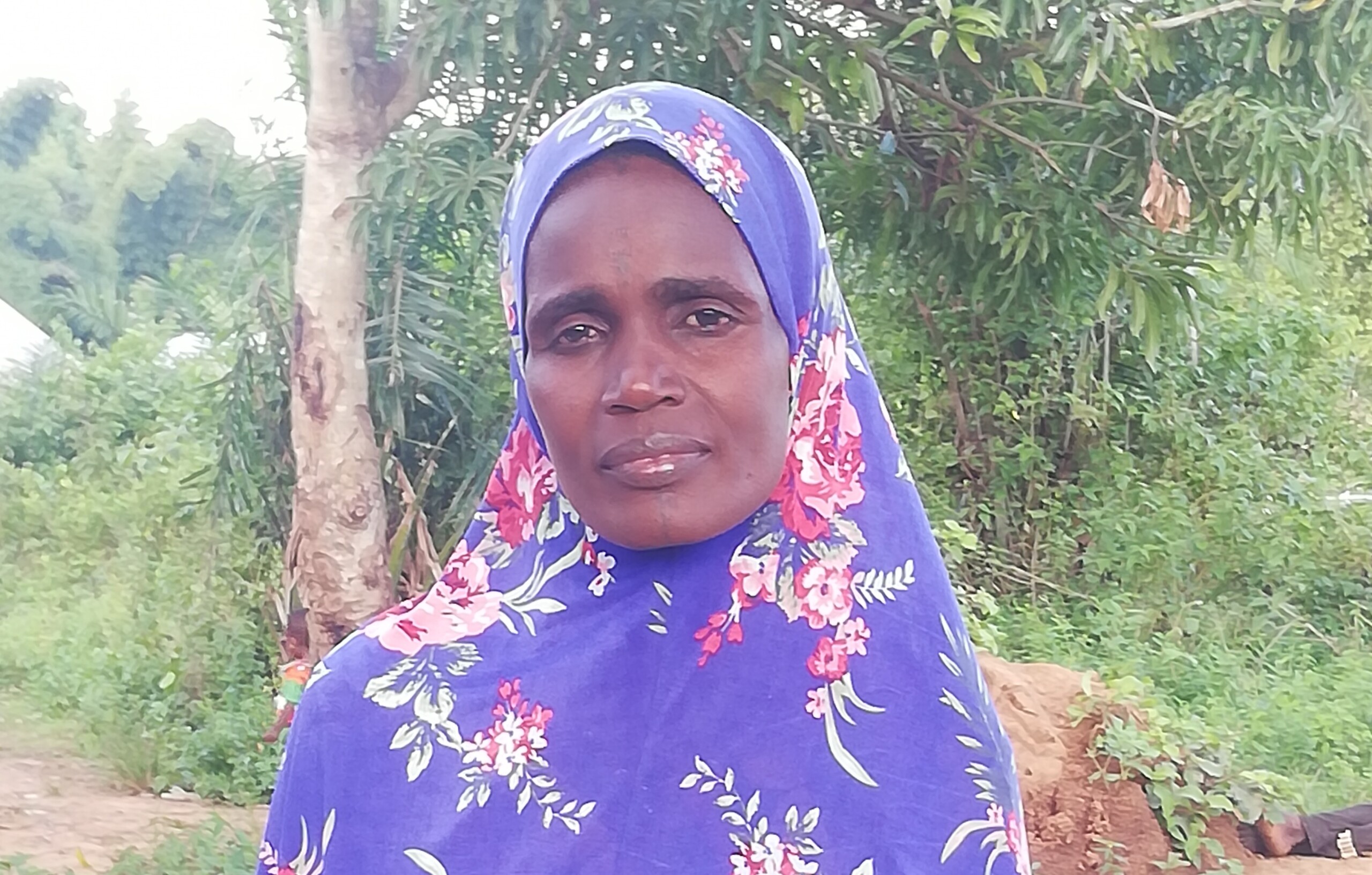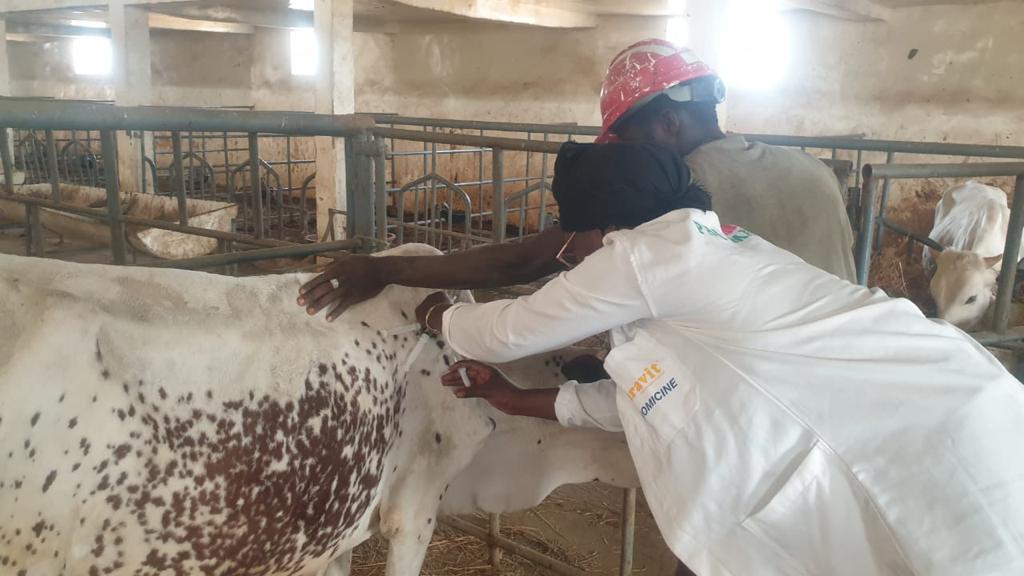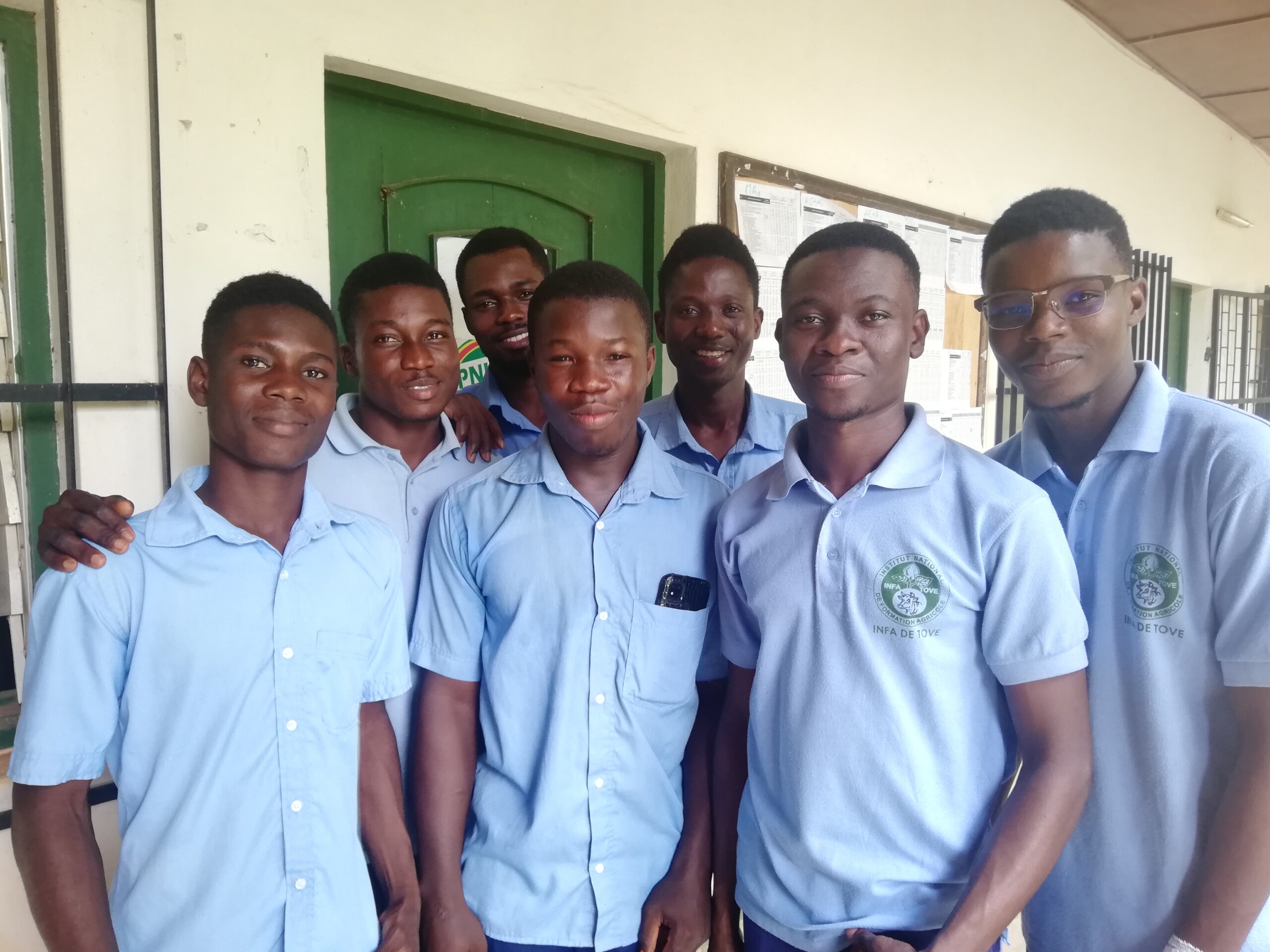Etudiantes de l'ISFAR (Institut Supérieur de Formation Agricole et Rurale) au Sénégal. Photo © OMSA
Women-students at the ‘Institut Supérieur de Formation Agricole et Rurale’ (ISFAR, Higher agricultural and rural training institute) in Senegal. Picture © WOAH.
Enseignantes de l'INFA (Institut National de Formation Agricole) au Togo. Photo © AF Thierry (2023)
Generally speaking, female students seem to show better attendance and academic results than male students, with levels of oral participation judged to be equivalent. Lecturers nonetheless consider that female students take less initiative, show less leadership, are less proficient with digital tools and participate less in practical classes than the male students.
In terms of career pathways, women are more likely to work in the public sector and in urban areas in response to the constraints they face, such as security and the need for work to be compatible with family life. Women face challenges in getting promoted and in setting up private businesses.
Lecturers of the ‘Institut National de Formation Agricole’ (INFA, National agricultural training institute) in Togo. Picture © AF Thierry (2023)
Strong stereotypes from both women and men include features like lack of physical strength and a fear of animals attributed to women. Yet there are differences in perception from one generation to the next, and the current trend among young people is a lessening of such stereotypes. Risks of gender-based violence are also present.
– Improvements in policy and practices for veterinary paraprofessional training institutions to create conditions which promote women’s equality;
– Increased visibility of women in national Veterinary Services;
– Application of gender guidelines in the livestock sector, in line with national policy frameworks, such as, by:
Eleveuse de bovins au Togo. Photo © AF Thierry (2023)
Woman cattle farmer in Togo. Picture © AF Thierry (2023)
Veterinary statutory bodies and professional organisations have an important role to play by raising the profile of women in the veterinary and VPP professions, promoting the profession of women VPPs among livestock farmers, adapting practices and interventions to alleviate constraints faced by women, helping reconcile women’s work-life balance with the constraints of working in rural areas, and promoting the representation of women in decision-making bodies.
Une femme PPV au travail au Senegal. Photo (c) A. Badiane (2023)
Woman-VPP at work in Senegal. Picture (c) A. Badiane (2023)
Male and female livestock farmers should be involved as stakeholders, for example, with increased representation of women community animal health workers, by encouraging the organisation of female livestock farmers within the various sectors and promoting the representation of women in the decision-making bodies of professional organisations, and by ensuring that training courses are adapted to the constraints and burdens of women livestock farmers.
For additional information, please contact
